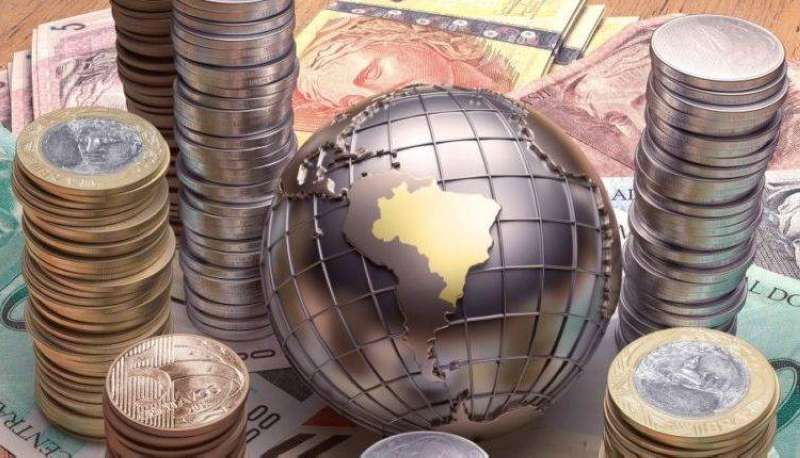After the remarkable rebound of the global economy in 2021, the year 2022 was expected to be one of stability, free of closures and quarantine. Instead, the six-month-old Ukrainian conflict has fueled worries of a recession.
Two “minor” economies rock the world.
“The economic situation was drastically different just six months ago,” claims credit rating firm Standard & Poor’s in one of its notes.
Globally, good growth prospects were emerging, and inflation was viewed as “mostly transient.”
“Things have changed, but not in a good way,” the agency notes. International organisations have not stopped decreasing their global growth estimates for this year, with the International Monetary Fund expecting it to reach 3.2 percent, compared to over five percent in October 2021.
On February 24, the day of Russia’s invasion of Ukraine, it was difficult to think that two nations that account for only 2% of global GDP and trade, according to the Organization for Economic Cooperation and Development, would push the world into recession. Despite their small size, Ukraine and Russia are important exporters of food and oil, and the war has substantially increased costs.
Food, energy, and gas costs are on the rise.
“The working classes are suffering from a tragedy,” says Naima Deghaoui, a 70-year-old former nurse, of Tunisia. “Prices are rising practically everything, including fish, apricots, and chilli peppers, which have quadrupled in price, as well as red meat,” she noted.
“Everything has gotten considerably more costly,” says Naip Pinera, 33, a social worker in Valparaso, Chile, 11,000 kilometres distant.
He notes that a litre of gasoline costs 1,300 pesos (1.42 euros per litre and 5.50 dollars per US gallon), “very much what Europeans pay, but with a European wage.”
Soaring food prices due to increasing transportation costs and items such as wheat, oils, and fertilisers have prompted the United Nations to issue a warning about the risk of a “cyclone of hunger” in Africa, however prices have since fallen.
The industrial sector is also feeling the pinch as energy-intensive businesses like as chemical industries, steelmaking, and mining suffer from the crisis, hurting Germany’s and Italy’s manufacturing industries. The Chinese zero-Covid plan has harmed the sector in China and Japan.
Central bankers and governors are perplexed.
Developed countries are backing up their economies in the face of inflation, even though they had hoped to halt aid during the COVID-19 lockdowns.
In light of subsidizing heating costs, fuel tax cuts, and setting price ceilings and taxes on the profits of oil companies… European countries moved to find solutions, while the United States adopted the “Inflation Reduction Act”, an investment plan worth 370 billion dollars.
Public support is becoming more and more necessary through the tightening of monetary policy by central bank governors, to curb inflation. “They (bank governors) no longer have a choice,” says Bertrand Candelon, professor of finance at the Catholic University of Louvain.
However, these interest rate increases caused turmoil in financial markets, as the United States recorded its worst semi-annual losses in 14 years, according to the Standard & Poor’s 500 Index.
Global slowdown…then recession?
Global indicators give little optimism, as US consumer confidence has fallen to an all-time low, German business sentiment has reached its lowest level in two years, while the Chinese real estate market is going through a severe crisis.
Candelon warns that Europe faces an energy “winter full of dangers”, assuming that Russia will cut back on gas supplies.
In addition to the foregoing, the tightening of monetary policy by the central banks has increased fears of a global recession although the main speculation has ruled out this possibility so far.
This comes at a time when the global economy is showing signs of resilience, with the European and US labor markets looking healthy.
This prompted the administration of President Joe Biden to say that the United States is not currently in a recession despite the two consecutive quarters of decline in gross domestic product.
However, the mixed signals prompted HSBC analysts to compare the situation with the experiment conducted by the Austrian Nobel Prize-winning physicist Erwin Schrödinger, to solve a quantum paradox that may occur in two states at the same time.
“Just as Erwin Schrödinger’s cat was both dead and alive,” they say, “the global economy may or may not be in a recession – at least not yet.”

